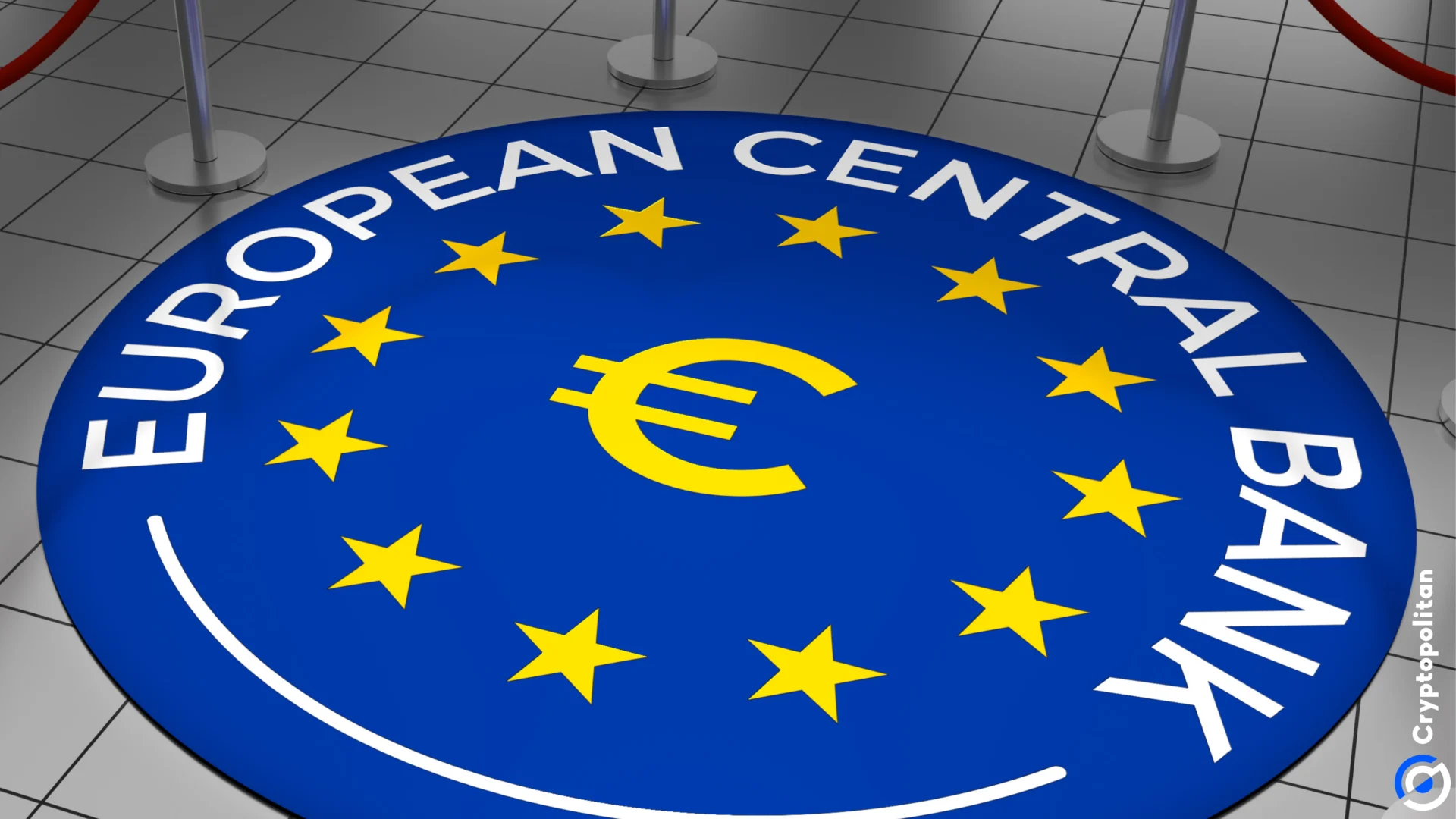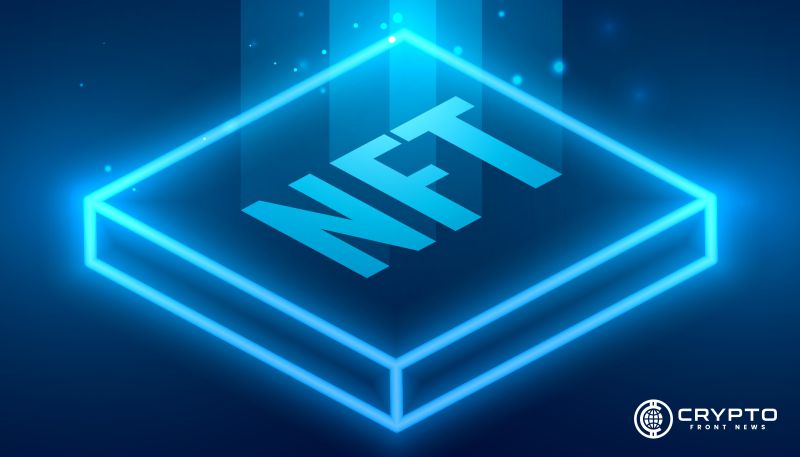
The European Union (EU) is moving forward with proposed regulations on Bitcoin and crypto wallets, sparking significant concerns regarding user privacy. According to findings from the Open Dialogue Foundation (ODF), these regulations are poised to restrict individuals’ abilities to conduct private cryptocurrency transactions, potentially impacting global financial standards as well.
What are the Privacy Risks Involved?
The European Banking Authority (EBA) has raised alarms about the risks tied to the existing regulatory framework for cryptocurrencies, particularly regarding transfers to self-custodial wallets. To mitigate these risks, the upcoming Markets in Crypto-Assets Regulation (MiCA) is expected to enforce stricter Anti-Money Laundering (AML) and Know Your Customer (KYC) measures.
How Will This Affect Users Worldwide?
The proposed regulations could lead to increased operational costs for service providers and significantly diminish user privacy. The ODF report also warns of possible conflicts with open-source technologies that facilitate private transactions, such as Lightning Network and Fedimint. Furthermore, the EU’s influence on global financial regulations may extend beyond its borders, affecting users internationally.
- Stricter AML/KYC procedures could limit transaction privacy.
- Users may face higher costs due to regulatory compliance.
- Global adoption of EU regulations could impact users outside Europe.
- Awareness of privacy-focused technologies is crucial for users.
The implications of the EU’s proposed regulations on Bitcoin and cryptocurrencies are profound, potentially reshaping user privacy and operational dynamics. Vigilance is essential for cryptocurrency users to safeguard their interests as these developments unfold.
Disclaimer: The information contained in this article does not constitute investment advice. Investors should be aware that cryptocurrencies carry high volatility and therefore risk, and should conduct their own research.








